Elon Musk: Remaking Twitter in his own image
Why the blue checkmark has lost its value
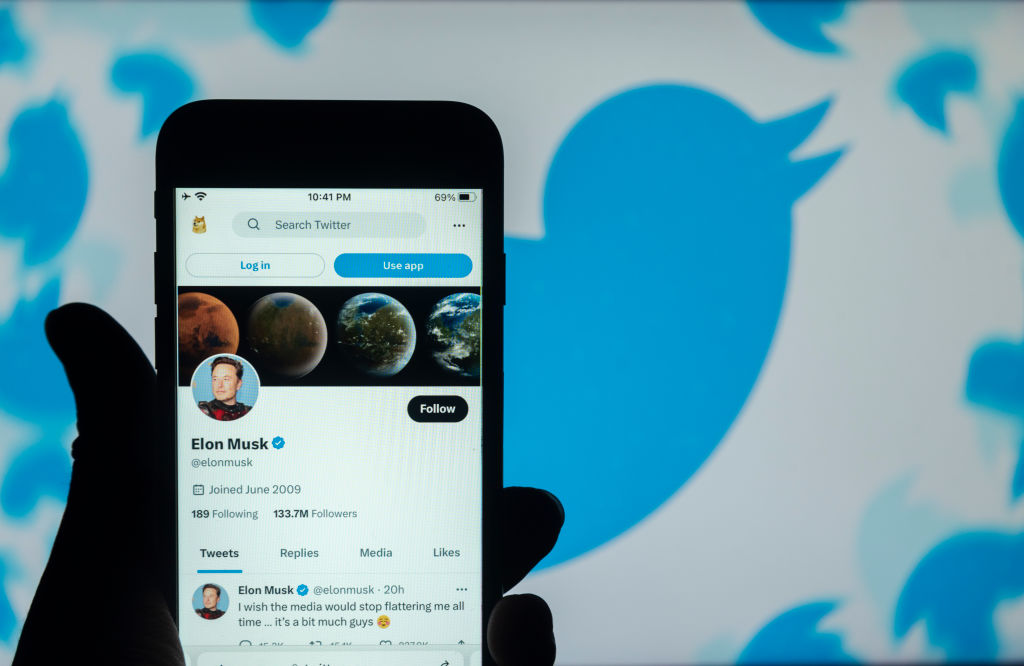
A free daily email with the biggest news stories of the day – and the best features from TheWeek.com
You are now subscribed
Your newsletter sign-up was successful
The smartest insight and analysis, from all perspectives, rounded up from around the web:
Twitter's verification overhaul this week was, like most things at the company, executed chaotically "and subject to the whims of its new CEO," said Jon Porter in The Verge. "April 1 was the day Twitter said it would begin winding down its legacy verification program" — the well-known blue checkmarks — and users and brands would have to begin paying $8 per month to keep their badge. Many organizations and celebrities refused to pay, and after a tense few days, the deadline passed, and nothing much changed. There was only "one high-profile example of a previously verified account losing its badge, and that's The New York Times," which owner Elon Musk singled out for announcing it would not pay. To create further chaos, the Twitter bird logo on the site was inexplicably changed to a picture of a Shiba Inu, the canine symbol of the digital token Dogecoin.
So much for Twitter's "town square" ideal, said Ina Fried in Axios. The site has become "an intrigue-filled palace that Musk seeks to protect." He tells users it's a pay-to-play site; meanwhile, Musk's personal account has its own special category — revealed in information Twitter has released about its algorithm — to give his tweets unmatched prominence. Musk is ruining Twitter, said Zeeshan Aleem at MSNBC. Now, "blue checkmarks can be distributed to anyone willing to open their wallet," completely hollowing out their meaning as an important verification tool. As usual, though, he's only hurting himself. Users aren't signing up for subscriptions. "Why would anyone rush to pay for verified badges when he's systematically destroyed their meaning?"
The Week
Escape your echo chamber. Get the facts behind the news, plus analysis from multiple perspectives.

Sign up for The Week's Free Newsletters
From our morning news briefing to a weekly Good News Newsletter, get the best of The Week delivered directly to your inbox.
From our morning news briefing to a weekly Good News Newsletter, get the best of The Week delivered directly to your inbox.
Twitter is making a big push on subscriptions because its ad revenue has fallen by 50 percent, said Aisha Counts and Kurt Wagner in Bloomberg. Advertisers have "expressed concern about Musk's erratic decision-making" and his own behavior on the site, and many of them haven't returned since suspending their campaigns in October. "From September to October of last year, the top 10 advertisers on Twitter spent $71 million on ads, according to estimates from Sensor Tower. In the past two months," that figure has fallen 89 percent. Musk still envisions Twitter growing to be "worth more than 10 times its current value of around $20 billion," said Tim Higgins in The Wall Street Journal. His long-range plan is to morph Twitter into a "super app" that's "at the center of users' financial lives," where they can "send money to each other, earn interest on deposits, and much more." Already, Twitter has filed paperwork for this plan with the U.S. Treasury.
For now, "the general Twitter experience is getting increasingly worse," said Delia Cai in Vanity Fair. Twitter's badge system was "never a complete safeguard against disinformation," but it did become a mental shortcut for figuring out "who seemed to matter on the internet." That online hierarchy of journalists, academics, and celebrities rankled conservatives, who saw the blue check as a prize for "self-important liberal elites." Now Musk has changed that dynamic, partly because he sees himself "as a noble god who will rebalance the scales of the internet" — and partly because he's desperate for "paying customers."
This article was first published in the latest issue of The Week magazine. If you want to read more like it, you can try six risk-free issues of the magazine here.
A free daily email with the biggest news stories of the day – and the best features from TheWeek.com
-
 Switzerland could vote to cap its population
Switzerland could vote to cap its populationUnder the Radar Swiss People’s Party proposes referendum on radical anti-immigration measure to limit residents to 10 million
-
 Political cartoons for February 15
Political cartoons for February 15Cartoons Sunday's political cartoons include political ventriloquism, Europe in the middle, and more
-
 The broken water companies failing England and Wales
The broken water companies failing England and WalesExplainer With rising bills, deteriorating river health and a lack of investment, regulators face an uphill battle to stabilise the industry
-
 Elon Musk’s starry mega-merger
Elon Musk’s starry mega-mergerTalking Point SpaceX founder is promising investors a rocket trip to the future – and a sprawling conglomerate to boot
-
 Will SpaceX, OpenAI and Anthropic make 2026 the year of mega tech listings?
Will SpaceX, OpenAI and Anthropic make 2026 the year of mega tech listings?In Depth SpaceX float may come as soon as this year, and would be the largest IPO in history
-
 Ryanair/SpaceX: could Musk really buy the airline?
Ryanair/SpaceX: could Musk really buy the airline?Talking Point Irish budget carrier has become embroiled in unlikely feud with the world’s wealthiest man
-
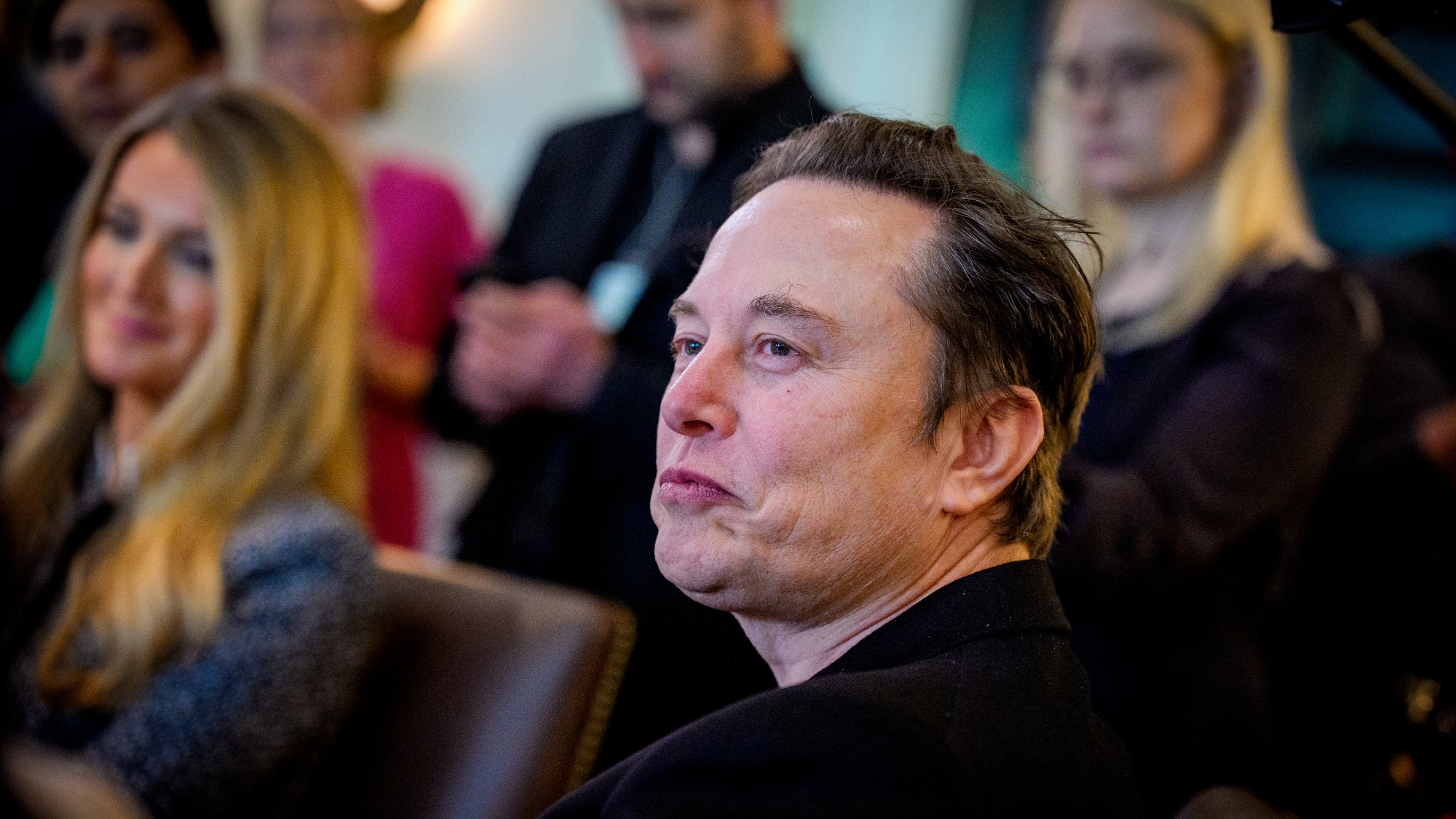 Musk wins $1 trillion Tesla pay package
Musk wins $1 trillion Tesla pay packageSpeed Read The package would expand his stake in the company to 25%
-
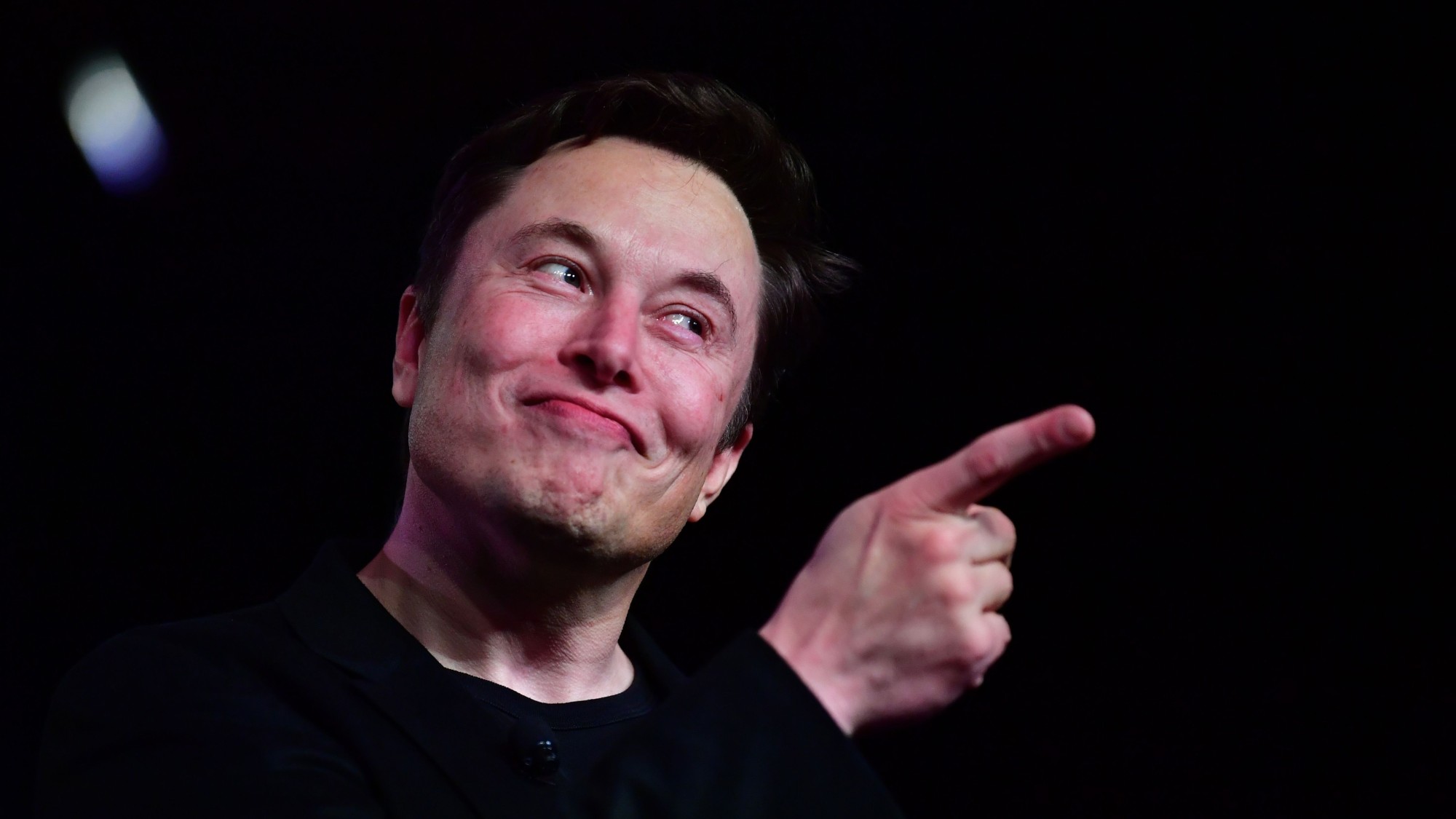 How Tesla can make Elon Musk the world’s first trillionaire
How Tesla can make Elon Musk the world’s first trillionaireIn The Spotlight The package agreed by the Tesla board outlines several key milestones over a 10-year period
-
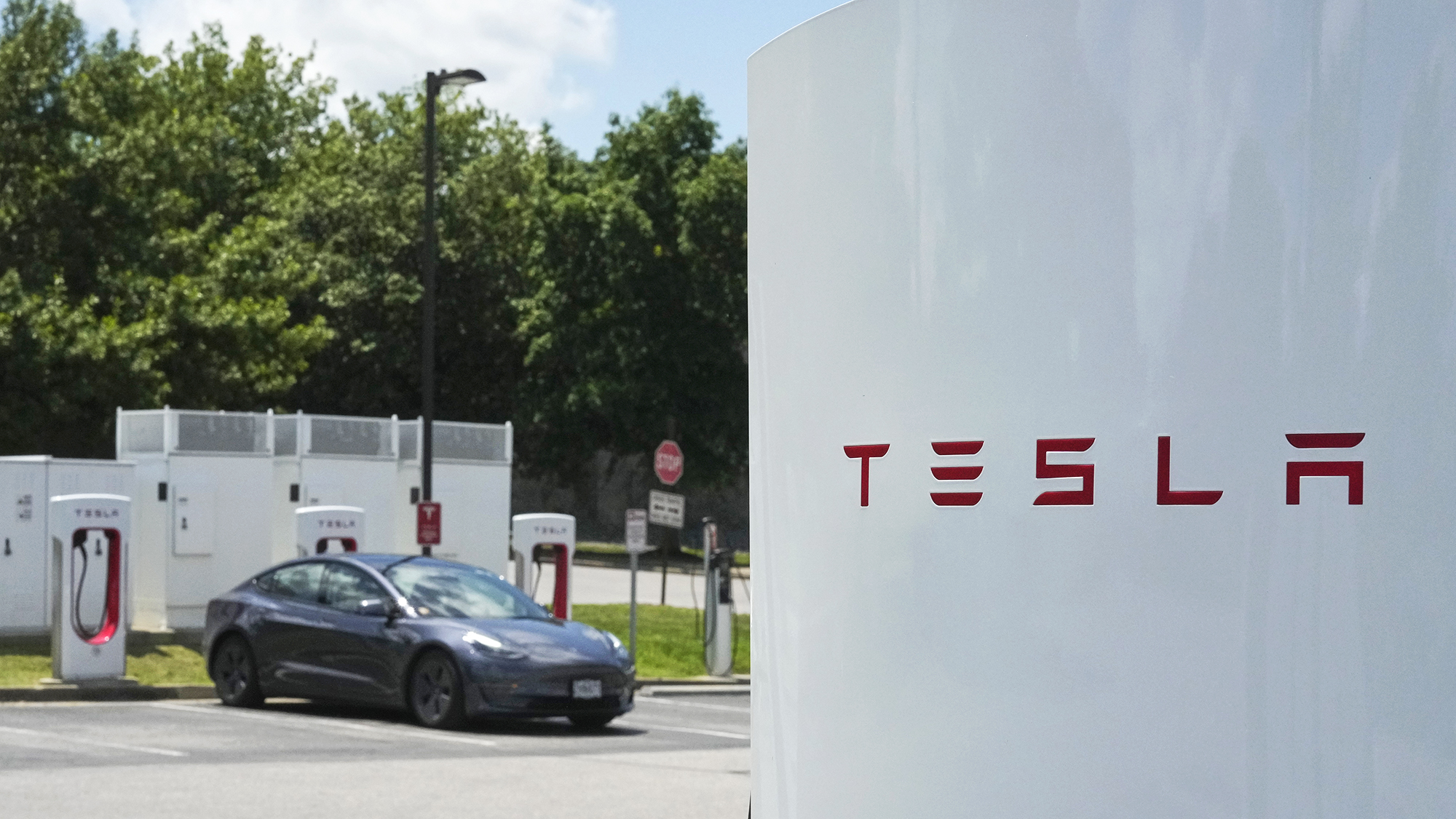 Tesla reports plummeting profits
Tesla reports plummeting profitsSpeed Read The company may soon face more problems with the expiration of federal electric vehicle tax credits
-
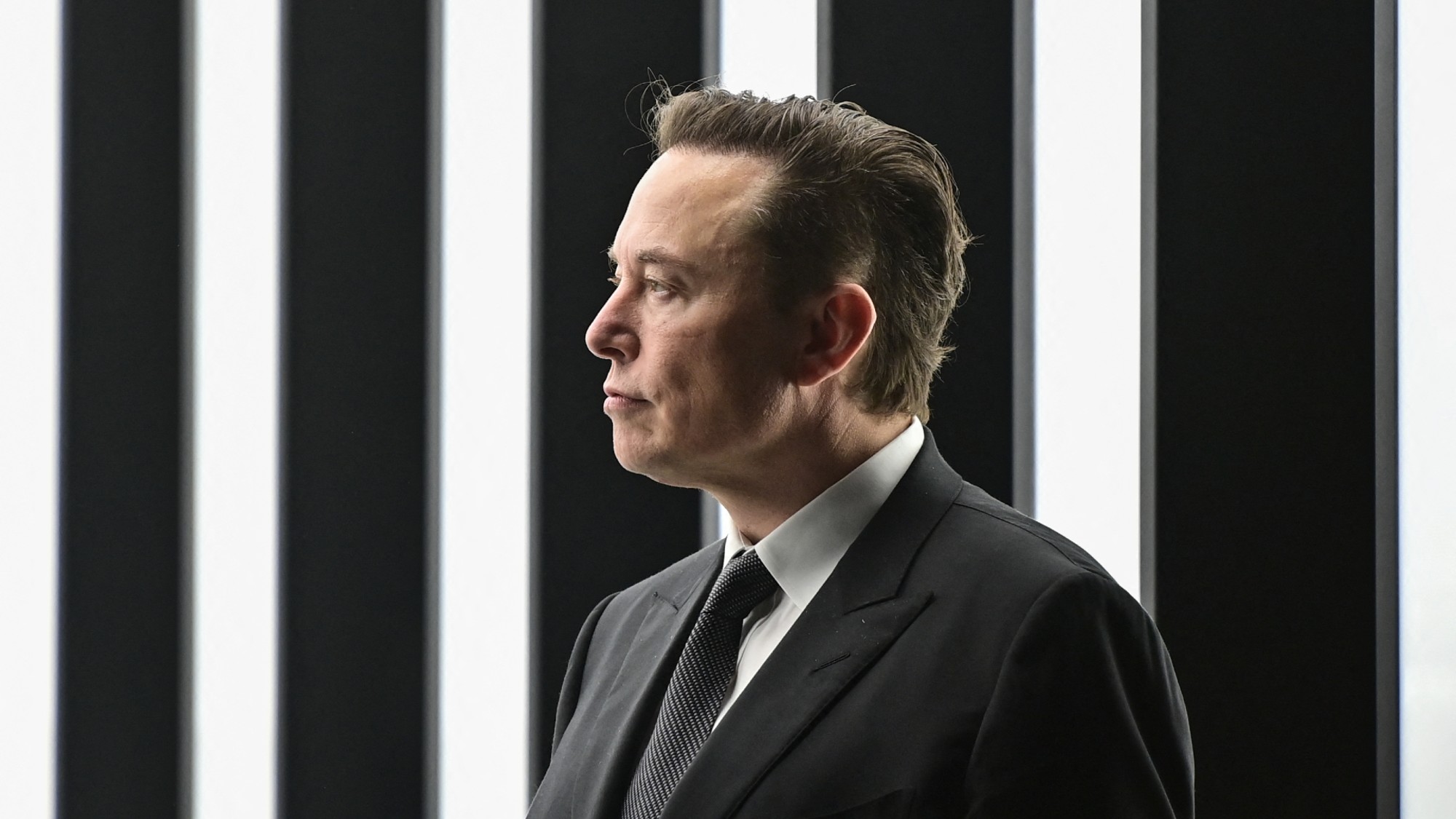 How could Tesla replace Elon Musk?
How could Tesla replace Elon Musk?Today's Big Question The company's CEO is its 'greatest asset and gravest risk'
-
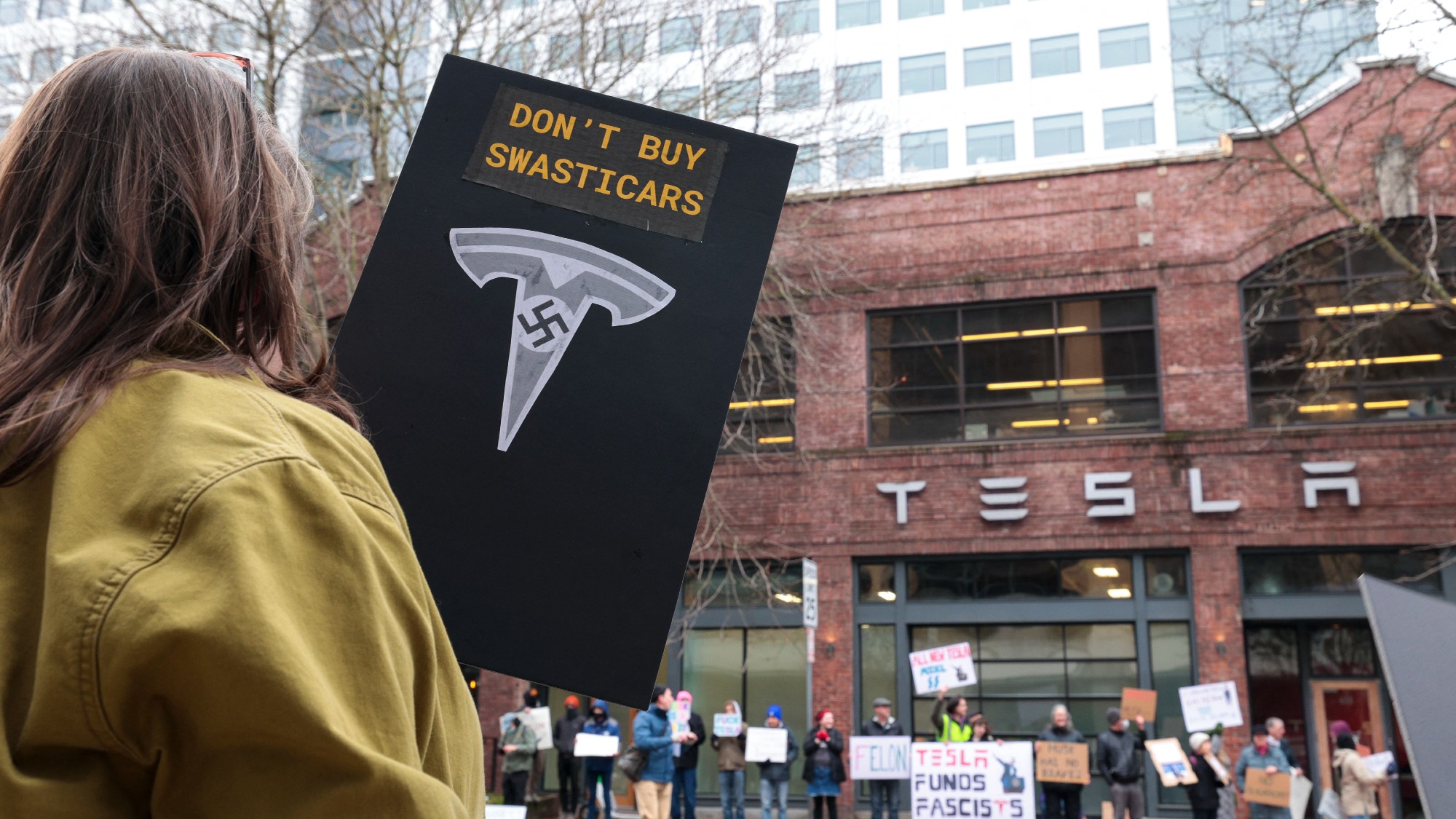 Elon Musk: has he made Tesla toxic?
Elon Musk: has he made Tesla toxic?Talking Point Musk's political antics have given him the 'reverse Midas touch' when it comes to his EV empire